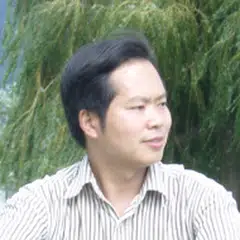
Deng Xize
Professor, Sichuan University
Deng Xize is a Professor at Sichuan University. Upon graduation from teachers' college, he self-studied for his diploma and Bachelor's, and continued pursuing his Master's and PhD. He taught primary school first before teaching undergraduates and postgraduates. He emphasises the importance of free thought and thinking skills, especially focusing on logic. He is a believer of science, and is inclined towards interdisciplinary studies. He has authored four books and published over 80 journal articles. He is also a columnist for Lianhe Zaobao.